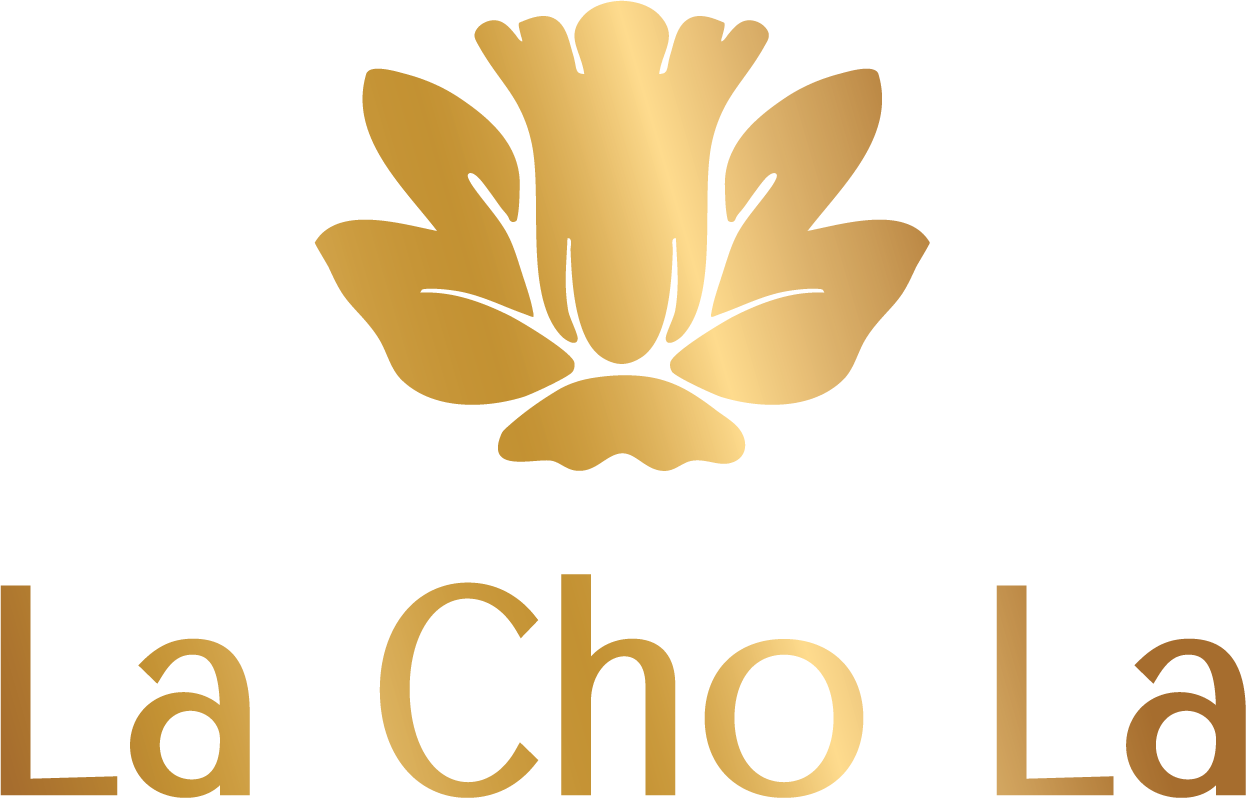The Concern
With heart health being a hot topic, many people are wary of traditional fats like ghee. A commonly asked question is:
“Does ghee raise cholesterol levels?”
Let’s separate the facts from the fears.
Ghee: What’s Inside?
Ghee is a rich source of saturated fats, but it also contains:
-
Short-chain fatty acids (like butyrate) that support digestion
-
Omega-3 fatty acids (in A2 ghee) that may support heart function
-
Fat-soluble vitamins (A, D, E, K) important for metabolism
These components make ghee quite different from industrial fats or hydrogenated oils.
What Do Studies Say?
Recent studies show that moderate consumption of pure, traditional ghee does not significantly raise bad cholesterol (LDL) in healthy individuals. In fact:
-
Ghee may help increase HDL (the “good” cholesterol)
-
It supports bile secretion, aiding fat metabolism
-
When made from A2 milk, it contains more Omega-3 and CLA (conjugated linoleic acid), known for heart health benefits
When to Be Cautious:
While ghee can be healthy, here’s when to be mindful:
-
If you're already on a high-saturated fat diet
-
If you're using adulterated or over-processed ghee
-
If you consume it in excess (>2-3 teaspoons daily)
Lachola’s Perspective
At Lachola, we believe in balance. Our A2 Cow Ghee is:
-
Made using the traditional bilona method
-
From grass-fed A2 cows
-
Free from preservatives or shortcuts
That’s why it supports your wellness, not sabotages it.
Bottom Line:
Ghee doesn’t have to be your enemy.
When it’s pure, portioned right, and part of a balanced lifestyle, ghee is a nourishing fat, not a harmful one.
Ready to Switch to Clean, Pure Ghee?
Explore Lachola Ghee →



